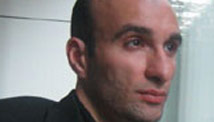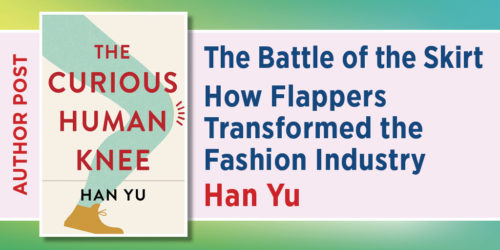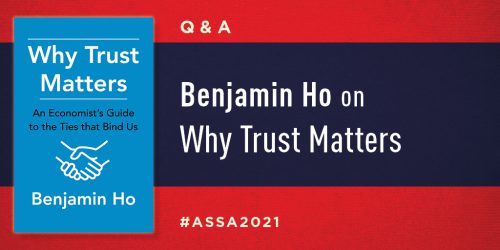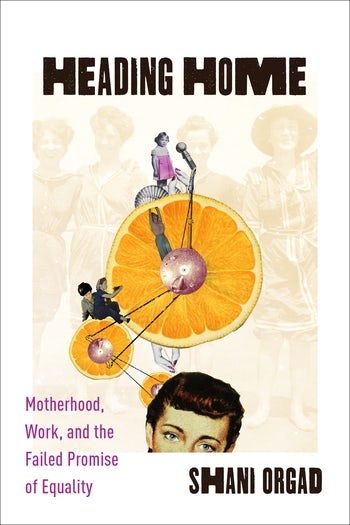Arshin Adib-Moghaddam on The Metahistory of the Clash of Civilizations
 Arshin Adib-Moghaddam, author of The Metahistory of the Clash of Civilizations: Us and Them Beyond Orientalism recently gave a fascinating interview about his book at e-IR as well as offering commentary about the situation in Bahrain for CNN.
Arshin Adib-Moghaddam, author of The Metahistory of the Clash of Civilizations: Us and Them Beyond Orientalism recently gave a fascinating interview about his book at e-IR as well as offering commentary about the situation in Bahrain for CNN.
In his interview, Adib-Moghaddam explores why the idea of a clash idea is such a part of today’s political culture and the ways in which it negates dialogue and engagement. The “clash regime” is not only a convenient tactic for politicians or limited to those on the fringe but has won wide acceptance in the West and championed by the likes of Christopher Hitchens and Martin Amis. As he explains, Adib-Moghaddam is also interested in tracking the history of the clash idea or how the “them” was constructed in the West. He charts this development beginning with the wars between Greece and Persia following it through colonialism and up to the present “war on terror.”
Despite the persistence of the us vs. them mentality, Adib-Moghaddam holds out the possibility of an alternative:
In the case of the United States, the recent wars that the country waged always also had a civilizational component; the Vietcong, the Iraqi army, the Taliban were/are presented as barbarians who have to be subdued by force. It is no coincidence that the target of imperial wars is always evil, that the ‘other’ is dehumanized. A civilizational discourse incubates an insidious form of hegemonic superiority, most of the time with racist undertones. Soldiers have to be persuaded into pulling the trigger, they have to have a great deal of animosity if not hatred of the other side. What makes matters worse, at least from an ontological perspective, is that the mainstream theories of international relations, (neo)realism at the helm of them, rationalize war as a normality of international life. There is no respite, kill or be killed, perennial anarchy; that is thought to be the inevitable and ahistorical essence of the international system. We can’t get away from conflict, or so we are told. The last chapter of the book attempts to add to the counter-cases to such pessimism. It refutes the logic of war and the calls for homogeneity, authenticity, undisturbed identity underlying the clash regime. To that end, I experiment with those fields of human endeavor – poetry and music, for instance – where dissonance does not beget conflict, where difference is mitigated, where the poetry of Omar Khayyam can be interpreted as a critical theory of the subject. So while it is necessary and prudent to acknowledge analytically that there continues to be a cultural system, a clash regime that negates dialogue and engagement, it is equally true to acknowledge that there have existed movements towards a counter-regime.
The interview concludes with Adib-Moghaddam comments on recent events in the Arab world a subject he takes on in greater depth in his CNN op-ed on the situation in Bahrain. The regime there has brutally put down demonstration but with very little criticism from the United States and the West unlike the situation in Libya. As Adib-Moghaddam explains Bahrain has been a loyal ally to the United States and hosts a major U.S. naval base. Likewise it has always been close to Saudi Arabia, which fears, falsely Adib-Moghaddam suggests, that a popular uprising will put a Shia-led government in place.
This leads to a fear or Iran’s possible influence in Bahrain and throughout the Gulf region, something both the United States and Saudi Arabia fear. Adib-Moghaddam suggests that this necessitates communication to be opened up between the U.S. and Iran:
It is one of the many ironies of the international politics of the region that both Washington and Tehran have not managed to create channels of communication to mitigate regional crises.
If Iran is indeed a regional superpower, is it not impossible to marginalize it? If Iran has so much ideational power in the wider Arab and Islamic world, would it not be in the interest of all stakeholders to forge a security architecture for the region that would include such a central country?







